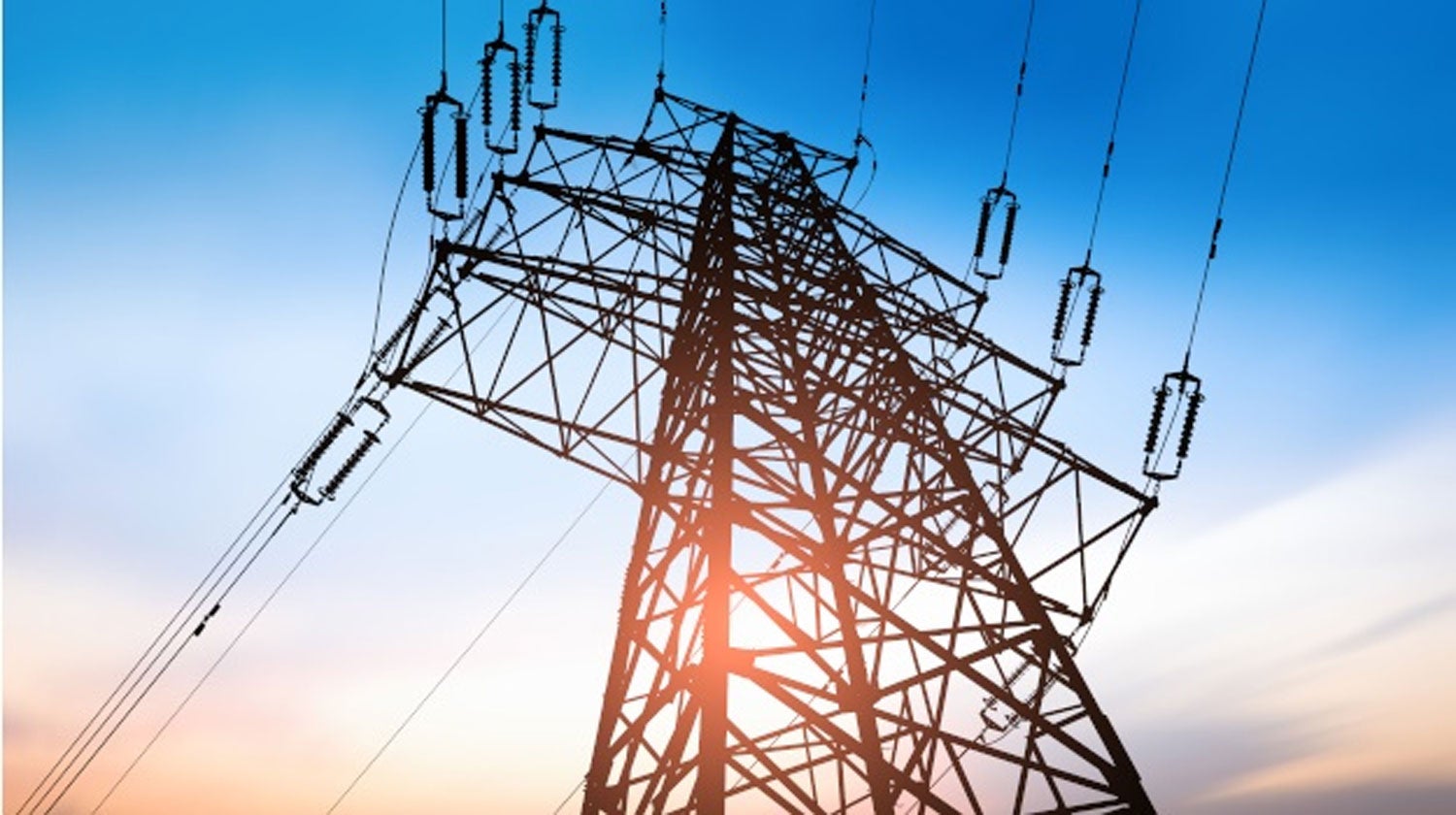The Presidency, on Tuesday, revealed the motive behind the Multilateral Energy Sales Agreement that the Nigerian government had with Niger, Benin and Togo.
A presidential spokesman, Garba Shehu, in a statement issued in Abuja, said power exported to Niger, Benin and Togo based on agreement with Nigeria was on the basis that they would not dam the waters that feed our major power plants in Kainji, Shiroro and Jebba.
- ‘Total deregulation will end outcry over electricity tariff’
- Electricity: How N190bn debt is crushing operations at 8 plants – FGN
Many Nigerians are complaining about lack of electricity and many are furious that the country exports same to other African countries while many parts of Nigeria stay in darkness.
But Shehu explained that the essence of bilateral agreements “by which we give them power and they do not build dams on the River Niger means that Nigeria and her brotherly neighbours had avoided the unfolding situation of the Nile River between the sovereign states of Ethiopia, Sudan and Egypt.”
“As of the last review in 2019, the amount of indebtedness to all three customers stood at $69 million, subsequent upon which several payments were made to NBET.
“Much of this has been repaid by the debtor nations.
“As of today, Niger owes only USD 16 million and Benin, USD 4 million, adding up to the Naira equivalent of about N1.2bn,” the statement issued for clarification purpose added.
The presidential aide stated that the cost of electricity generated between 2018 and 2019 by all the electricity generation companies in Nigeria was about N1.2 trillion ($4 billion).
He added that over 90% of the electricity generated was distributed and consumed by consumers across the 11 electricity distribution companies in the country.

 Join Daily Trust WhatsApp Community For Quick Access To News and Happenings Around You.
Join Daily Trust WhatsApp Community For Quick Access To News and Happenings Around You.


